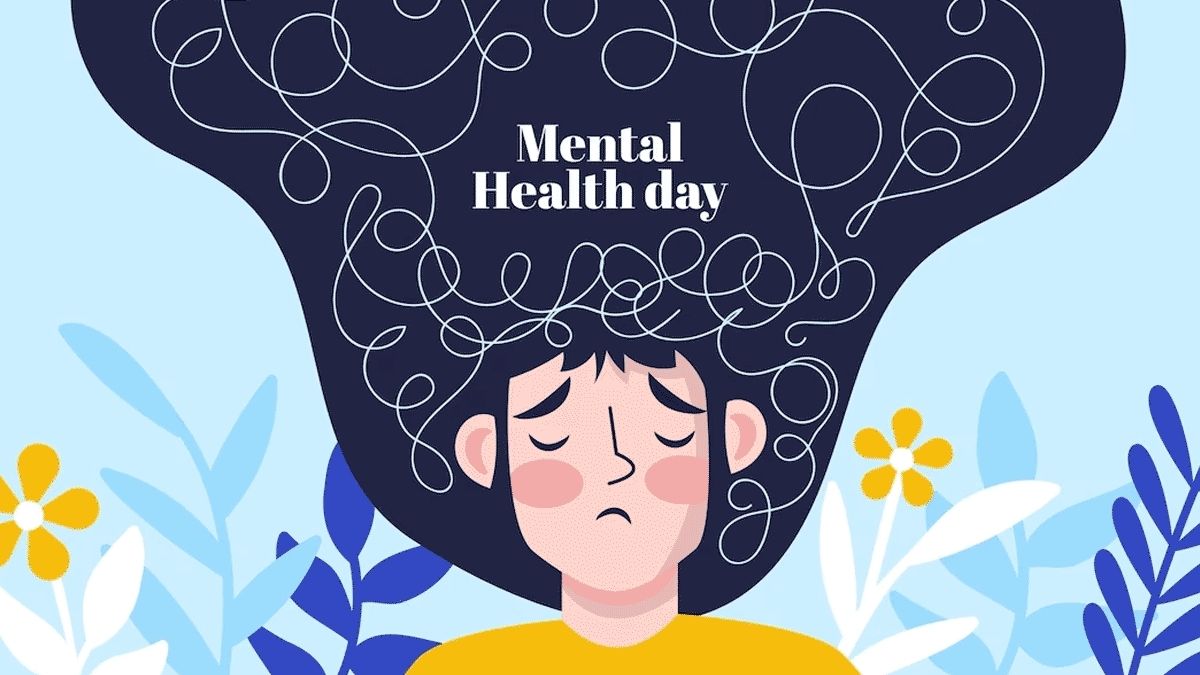
Thanks to the Millenials and Gen Z, mental health is slowly creeping out of the shadows and has become an important aspect that enjoys open communication to a huge degree, at least when compared to a few years back. Along with this limelight, several mental health terms have also been formulated, that have become a part of social media and daily life vernacular. For a lot of us millennials and boomers, many of these terms might seem alien. Worry not, because here’s a breakdown of the most common 9 terms you must have seen online or heard as a part of real-life conversations.
Table of Content:-
Gaslighting
Gaslighting is a form of psychological manipulation where one person tries to make another person doubt their reality, perceptions, or memories, often to gain control or power over them. For example, have you ever caught your partner red-handed, and then they made you feel crazy and that you are overreacting? That’s gaslighting.
Also Read: World Mental Health Day 2023: Theme, Relevance, And Importance
Body Dysmorphia

Body dysmorphia is a mental health condition where individuals have an obsessive focus on perceived flaws or defects in their physical appearance, which may not be noticeable to others. This can lead to distress and compulsive behaviours. It is believed, as relayed by Johns Hopkins Medicine, that body dysmorphia can make you see yourself differently in the mirror, probably fatter or thinner, than you are.
Impostor Syndrome
Impostor syndrome is when you feel like you don’t deserve to be in a certain position of success in life, and that you are an inadequate fraud who will be exposed soon enough.
Trauma Bonding
Trauma bonding occurs when a person develops a strong emotional connection with someone who has suffered a similar traumatic experience as you. It can also occur when two or more people go through the same trauma together, like being in the same class in school or facing the wrath of a tyrannical boss at work.
Triggered
Triggers are specific stimuli or events that can bring up intense emotional reactions or traumatic memories in individuals. These reactions are often related to past experiences or traumas.
Dissociate
Dissociation is a mental defence mechanism in which a person disconnects from their thoughts, feelings, or identity to cope with stress, trauma, or overwhelming situations. It can lead to feeling disconnected from reality, and can also be seen as ‘zoning out.’
Mindfulness

Mindfulness means staying present and fully engaged in the current moment without judgment. It involves paying attention to thoughts, feelings, and sensations as they arise, and being aware of the true reality both within and without.
Gatekeeping
In the world of mental health, gatekeepers are regular people or professionals who make sure that people suffering from poor mental health have equitable access to healthcare.
Mattering
Mattering is the sense of feeling significant, valued, or important in the lives of those around you. ‘Anti-matter’ on the other hand means feeling not being valued at all.
This comprehensive brief is enough for you to embark on a journey to mindfulness. Just make sure you do not gaslight anyone on the way and take accountability for your triggers and traumas. In the end, learning these terms will help all of us to not feel like an imposter and instead turn us into gatekeepers of mental health. Remember, it is okay to disassociate when you feel overwhelmed, but do not forget that you ‘matter!’
Also watch this video
How we keep this article up to date:
We work with experts and keep a close eye on the latest in health and wellness. Whenever there is a new research or helpful information, we update our articles with accurate and useful advice.
Current Version